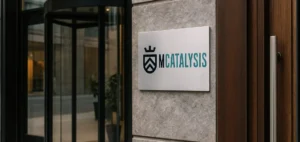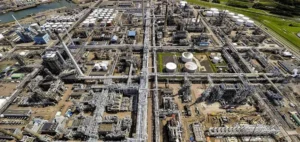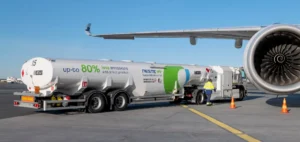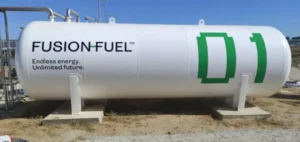Swiss company Synhelion has announced it powered a vehicle for the first time using its solar gasoline produced at industrial scale, marking progress in the operational demonstration of its synthetic fuels. The test was conducted on a Harley-Davidson, ridden by Professor Aldo Steinfeld, a researcher at the Swiss Federal Institute of Technology Zurich (ETH Zurich) and scientific contributor to the technology developed by Synhelion.
A fuel produced from solar energy
The gasoline used came from the DAWN industrial demonstration plant, located in Jülich, Germany. This facility converts solar thermal energy into liquid fuels through a thermochemical process using renewable feedstocks, including water and a biogenic carbon source. According to the company, the resulting fuels—gasoline, diesel, or sustainable aviation fuel (SAF)—can be used directly in existing infrastructure and engines without modification.
Synhelion states that its technology is ready for commercial scale-up, with the DAWN plant’s performance validating the process at industrial level. The company also emphasises that its fuels meet current standards, allowing for gradual integration into traditional supply chains.
A targeted test to demonstrate compatibility
The use of a Harley-Davidson was chosen to showcase the fuel’s compatibility with standard combustion engines. No mechanical adjustments were necessary, confirming the product’s “drop-in” nature—direct interchangeability with fossil gasoline. The company adds that compatibility with existing engines had already been validated in laboratory and bench tests.
This real-world demonstration is part of a broader strategy for commercial validation. According to Synhelion, tests in other sectors are planned in the coming months, particularly in aviation and road transport, to highlight the versatility of fuels derived from solar heat.
Medium-term industrial targets
Co-founded by Philipp Furler and Gianluca Ambrosetti, Synhelion plans to increase its production capacity by 2026. The company is targeting industrial partnerships to integrate its technology into existing refining or distribution infrastructure. It also aims to contribute to the supply of low-carbon fuels in the aviation sector, in line with European regulations on sustainable fuels.
The company has not yet disclosed the current production cost of its solar gasoline, nor short-term output volumes, but claims its technological model enables scalability according to industrial demand. The group is targeting international expansion, with priority markets in Europe and North America.






















